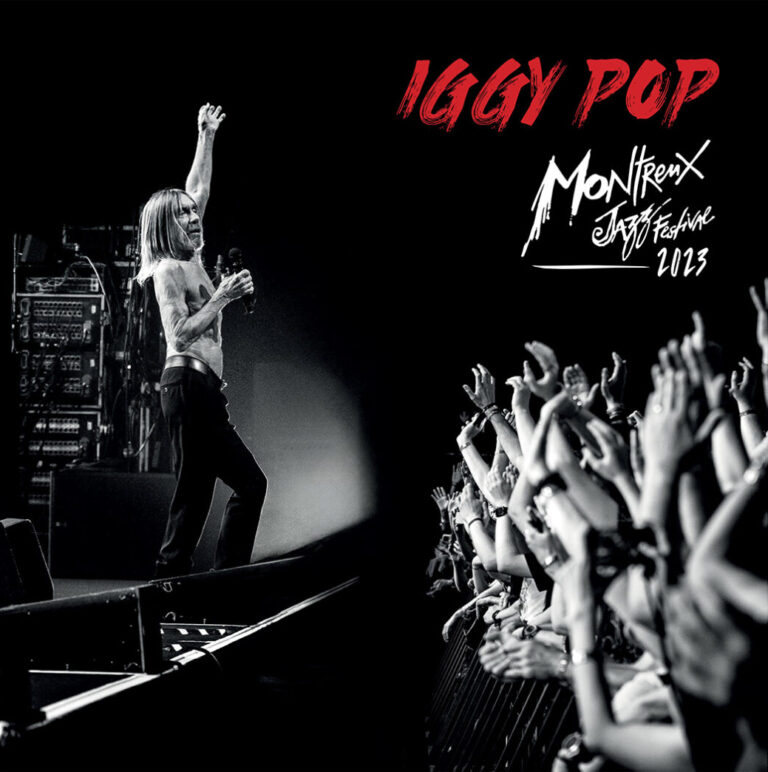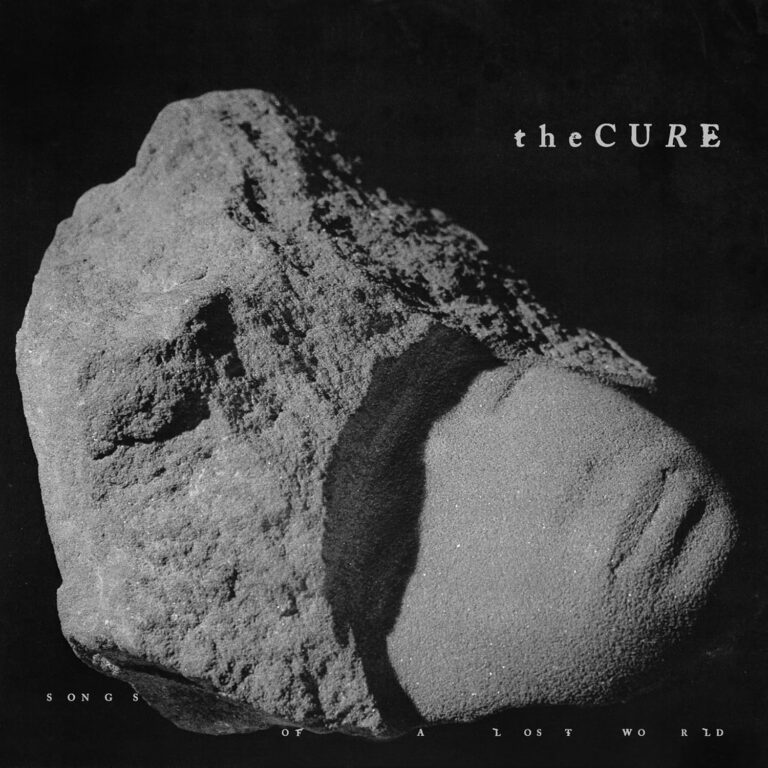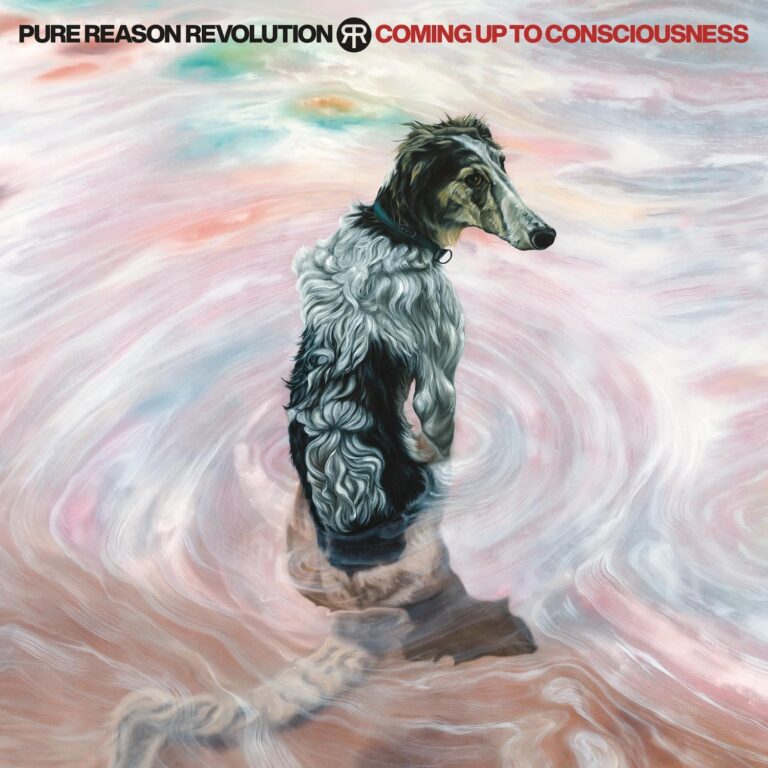
In this era of streaming, it’s always heartening to see bands willing to engage with The Album as a serious artform. In the case of French metallers Dusk Of Delusion, the band has created an intelligent and thoughtful concept piece centred around the traumatic events of World War I. Where most bands would be tempted to focus purely on the combat aspect, Dusk Of Delusion have broadened their scope, offering a compelling historical narrative. Not that you have to dig into the concept to enjoy the album – like any good metal band, Dusk of Delusion recognise the importance of remaining accessible to a wider audience – but, for those who do choose to dig into the lyrics (helpfully printed in the booklet), the album proves to have much to offer.
Captivating from the off, the subtle intro of Serbian’s Gate gives way to atmospheric metal that crosses a number of genre lines, the airy riffs caught somewhere between Tool, System Of A Down and Pantera; the vocals rather more reminiscent of Biohazard and Slipknot. It’s an impressive synthesis of styles that allows the band to stand out, and the use of a concept to provide greater depth to the lyrics has resulted in a committed performance from all concerned. Although some of the lyrics trip awkwardly off the tongue (recalling the struggles of James Dean Bradfield whilst tracking The Holy Bible), they are delivered with power and sit neatly amidst the bludgeoning riffs. Having critiqued the “Powder Keg” narrative of Franz Ferdinand’s assassination, the band deliver a more straight-forward slab of bruising metal with The Messenger, a tale of a young soldier lying about his age in order to enlist. Reminiscent of Poland’s underrated Hunter, The Messenger has a strong melody, although the clean vocals in the verse don’t quite match the delivery of the heavier passages in the choruses. It pales in comparison to the furious Letters To C, which has breathy, writhing riffs in the vein of early Slipknot. That sense of anger carries over into Ladie’s Path, which deals with the difficult subject of soldiers self-mutilating in order to avoid combat duty. However, the album hits a peak when the band adopt a more restrained approach, as they do on the epic BoƷne Okha, a piece that has a more progressive ebb and flow, not to mention a suitably climactic solo that does much to expose the musicianship at the heart of the band.
Kicking off the second half of the record, Sadness Is My Only Retaliation would make for a good single with its hefty chorus, elegiac guitarwork and crushing riffs. Dealing with PTSD, the subject matter is sensitively handled for all the bludgeoning power the band can muster, and the piece segues into the equally blistering The Guardians. Filled with power and purpose, the song pays tribute to the women who stayed home to keep society running as their husbands and sons fought and died. Fast paced and musically harrowing, it’s another strong track and it benefits from a particularly strong vocal performance. A more melodic outing, Smiling From Across makes mention of the 1914 Christmas episode that saw games of football take place between combatants and there’s an awesome, Maiden-esque twin guitar solo from Matthieu Morand and Claude Colmars in the second half. The album climaxes with the epic Verdun, a lengthy song, as weighty as its subject matter, that opens unexpectedly with Benoit Guillot singing acapella in a manner reminiscent of a campfire folk tune. It’s an engaging opening, and the progressive structure of the piece that follows is no less engaging, the band taking the listener on a cinematic tour of one of history’s most notorious battlefields. The album concludes with While He Sleeps, a track inspired by Rimbaud’s Le Dormeur Du Val. It is a fine song, but you can’t help but feel that a somewhat more sombre finale, in a musical sense at least, would have been to the benefit of the album as a whole, although the track does end on a lone trumpet motif.
Watch Your Six is a musically impressive, lyrically intelligent meditation on war. Although the band do not demand you dig into the subject matter (and the songs lend themselves to listening in isolation), their lyrical attention to detail makes the album all the more enjoyable. The album is well-produced with a good mix (although it lacks some of the polish for which the band seem to be striving), and the only slight disappointment is that scant effort was made to link the songs more effectively across the run time either with segues or samples. This gripe aside, Watch Your Six is an ambitious effort from a competent band. Melodic enough to be memorable, heavy enough to get the adrenalin flowing, there’s much to admire here, whilst the mighty Verdun is almost worth the price of admission on its own. 8.5




